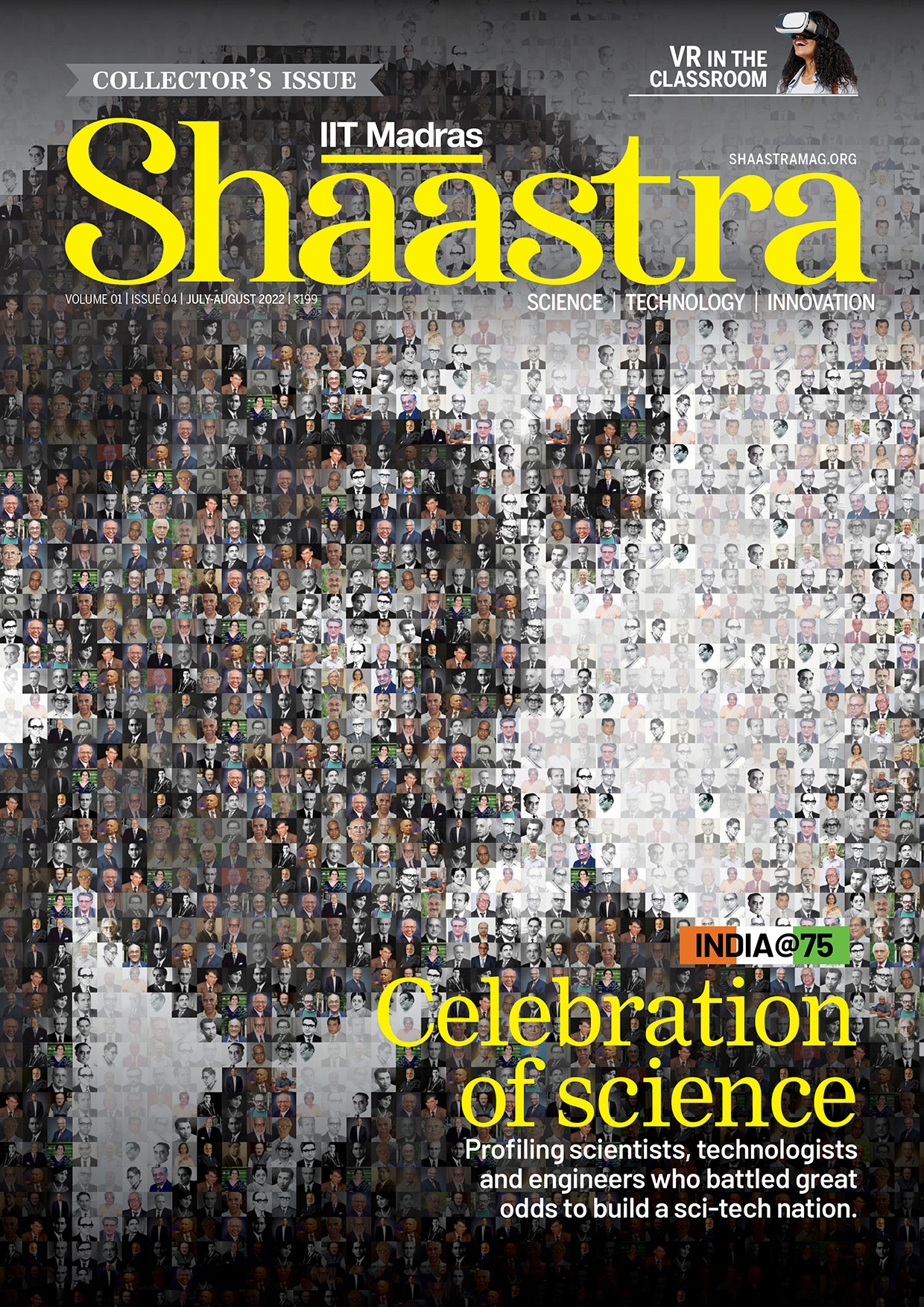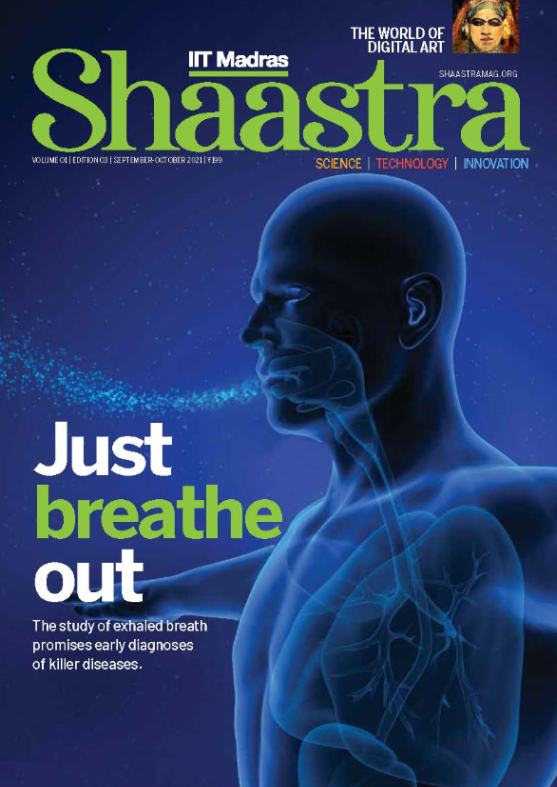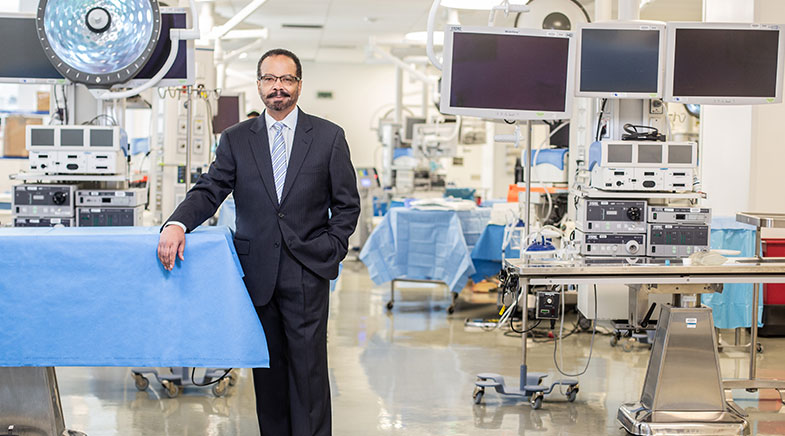To catch a killer
-
- from Shaastra :: vol 03 issue 05 :: Jun 2024

Researchers from across India are working to generate country-specific data on the genomics of breast cancer.
For over two years now, researchers across India have been collecting and scanning samples of cancerous breast tissues. The genomes of tumours are sequenced, as are neighbouring, healthy tissues, to decipher DNA alterations. The RNA is analysed, too. The scientists seek to understand from this process which genes are switched on or off as cancer expresses itself and then progresses.
The work — the largest so far to generate big data on the genomics of breast cancer in India — is being carried out by over 35 scientists and 50 clinicians in 12 institutions and hospitals. The research, which started in 2021-end, aims at sequencing the genomes of 1,000 breast cancer tissues for a better understanding of DNA-level alterations in these tissues, as well as to dive deep into gene and immune profiling of cancers. It is the first step towards creating what is known as the Indian Breast Cancer Genome Atlas (IBCGA).
Breast cancer, an umbrella term for several carcinomas affecting breast tissues, mostly in women, has become a global concern. Globally, breast cancer (11.6%) comes a close second to lung cancer (12.4%) in overall incidence, and among women, is the leading cancer in incidence and death, according to the cancer database GLOBOCAN (bit.ly/globocan-2024). In India, female breast cancer is the most common form of incidence.
Significantly, the age group of those afflicted by breast cancer in India is considerably lower than that in the West: the median age in India is 49, against 62 for Caucasian women. Further, while an aggressive form, called the triple-negative breast cancer, is more prevalent in India, the invasive ductal carcinoma is more common in the West.
"There is ongoing research on cancer worldwide, but the datasets are largely Caucasian," notes Shantanu Chowdhury, lead investigator of the work. Chowdhury is a Chief Scientist at the New Delhi-based Council of Scientific & Industrial Research (CSIR)-run Institute of Genomics and Integrative Biology (IGIB), which is spearheading the CSIR-supported research. "Given the clinically observed differences in cancer in the Indian landscape, the need to generate population-based big data for India was evident," he adds. This research employs a 'multi-omic' approach, that is, datasets of multiple 'omes' — genome, proteome, transcriptome, and so on — are generated and combined for analysis. In this case, the datasets are primarily genomics and transcriptomics, which is the study of all RNA molecules in a cell.
PAST ISSUES - Free to Read


Have a
story idea?
Tell us.
Do you have a recent research paper or an idea for a science/technology-themed article that you'd like to tell us about?
GET IN TOUCH














